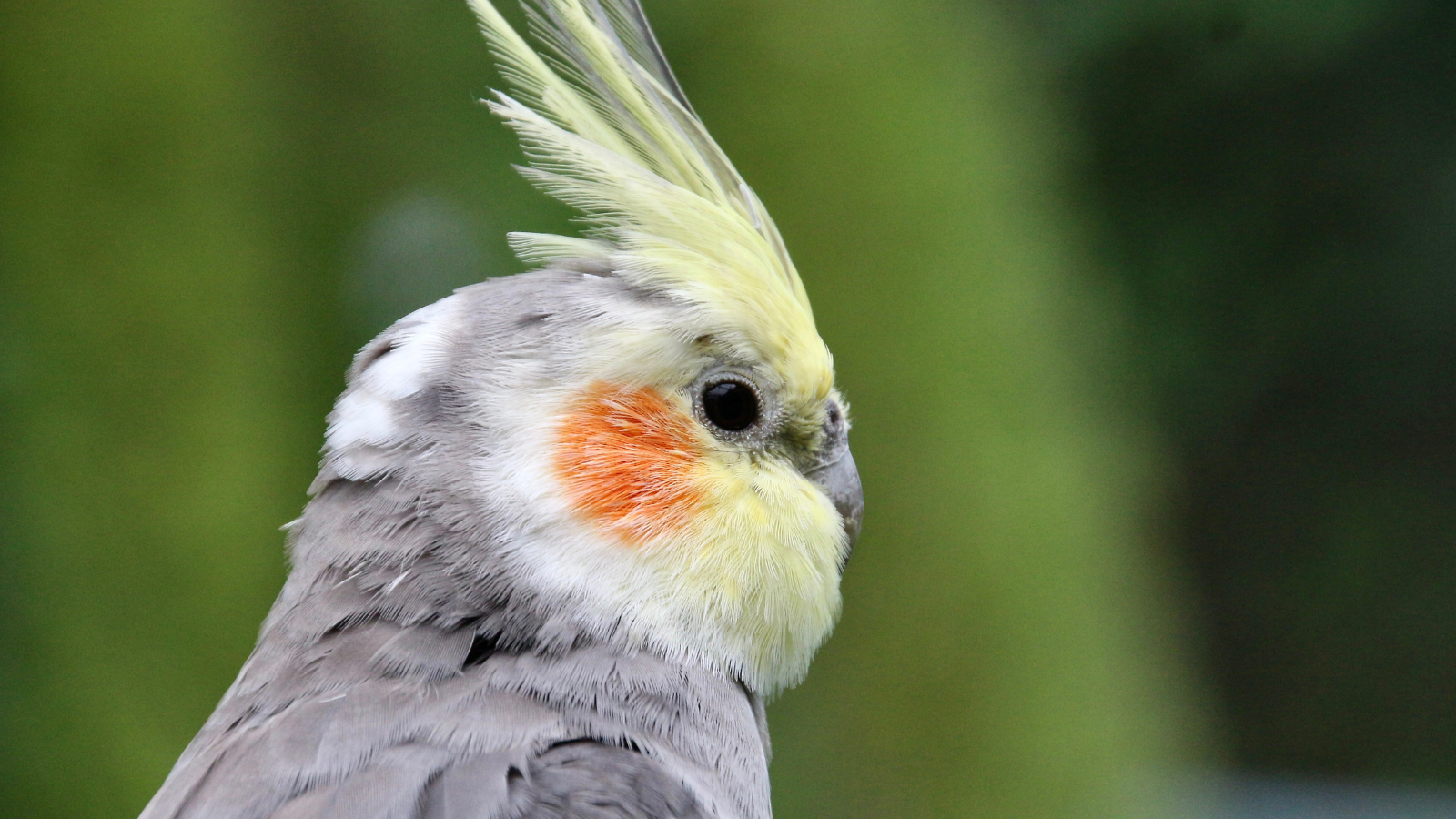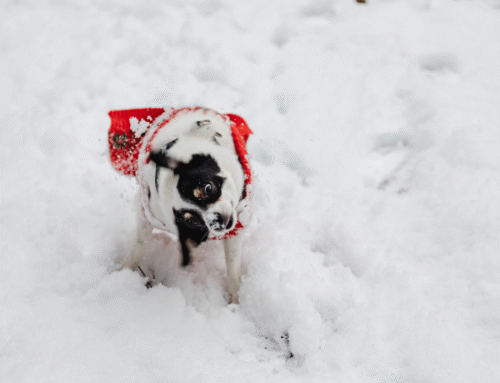
Pet birds bring joy, companionship, and laughter to their families. In return, bird owners do everything they can to take care of their avian pets. Even with the best of care, though, birds can sometimes get sick. Subtle changes in a bird’s appearance or behavior can signal health concerns. Fleur Pet Hospital encourages bird owners to learn the early signs of illness so they can seek care before problems become more serious.
Signs that Your Bird Might Be Sick
By the time a bird shows obvious symptoms, the illness may already be advanced. Staying alert to even small changes in your bird’s daily habits will give you a better idea of when to call an avian veterinarian. Look for these signs of illness in pet birds.
Changes in Appearance
- Fluffed feathers for extended periods can indicate your bird is trying to conserve body heat.
- Dull, dirty, or missing feathers may suggest poor grooming or underlying health issues.
- Discharge from eyes or nostrils can signal respiratory infections.
- Changes in droppings (color, consistency, or frequency) can indicate illness.
Changes in Behavior
- Reduced activity: A normally playful bird that becomes lethargic may not be feeling well.
- Decreased vocalization: Birds that stop singing, talking, or calling may be under stress or ill.
- Aggression or unusual tameness: Sudden personality changes may indicate discomfort or sickness.
- Sitting at the bottom of the cage: If this is unusual for your bird, it’s a red flag that should be taken seriously.
Changes in Eating and Drinking
- Loss of appetite or refusal to eat favorite foods can be an early warning sign.
- Excessive drinking or not drinking at all may indicate issues.
- Weight loss can happen quickly in birds and indicate issues ranging from Parrot Fever to stomach trouble.
Breathing Problems
- Tail bobbing (up-and-down movement of the tail while breathing) suggests labored breathing.
- Open-mouth breathing, wheezing, or clicking sounds are all signs of respiratory distress.
Calling an Avian Veterinarian
Because birds can decline rapidly once sick, it’s best not to wait if you notice any of the signs above. Contact an avian veterinarian right away for an appointment. Their veterinary team can examine your bird and recommend treatment to get your feathered friend back to health. Some veterinary hospitals will have multiple vets on staff, but only one who is experienced working with birds. It’s a good idea to call the veterinary practice and let them know you’d like to schedule your bird for a visit. That way, you can make sure you’re being scheduled correctly.
Preventing Illness in Pet Birds
While not all illnesses can be prevented, there are steps you can take to keep your bird healthy:
- Provide a balanced diet appropriate for their species.
- Keep cages clean and well-ventilated.
- Schedule yearly veterinary checkups for preventive care.
- Reduce stress by maintaining a consistent routine and offering enrichment.
Treatment for Sick Pet Birds in Des Moines, IA
Caring for a bird means being observant and proactive. Even small changes in appearance, behavior, or eating habits can signal illness. Fleur Pet Hospital provides avian veterinary care in Des Moines for pet birds from Norwalk, Des Moines, Indianola, and neighboring communities. Have you noticed changes in your bird’s behavior or appearance? Contact Fleur Pet Hospital today to schedule a sick appointment for your avian pet.





